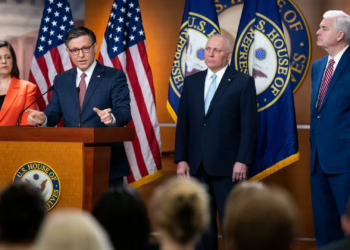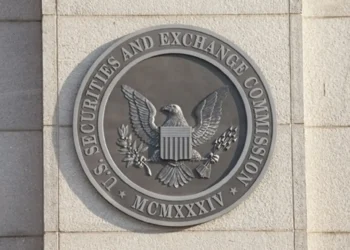As the development of artificial intelligence (AI) picks up pace, governments worldwide are grappling with how to effectively manage this technology. In China, local officials have announced their intention to require the evaluation of generative AI services before they can become operational.
The Cyberspace Administration of China (CAC), the country’s internet regulator, has stated on its website that AI service providers are responsible for ensuring that all content provided is accurate, upholds intellectual property rights, and avoids discrimination or compromising security.
According to a Bloomberg report, the CAC’s regulations are part of Beijing’s increasing efforts to oversee the rapid proliferation of generative AI, which gained momentum following the November launch of OpenAI’s ChatGPT.
In late March, Baidu Inc. introduced its new AI chatbot ERNIE, which uses an AI-based deep learning model named Ernie, an acronym for “Enhanced Representation through Knowledge Integration,” placing it in competition with OpenAI’s ChatGPT.
Last week, we unveiled ERNIE Bot, our latest generative AI product and large language model, built on the foundation of our ERNIE and PLATO models.
Dive into our latest blog for a detailed exploration of the technology powering ERNIE Bot: https://t.co/IsW0KWdMLZ pic.twitter.com/w0XiOjuPYN
— Baidu Research (@BaiduResearch) March 23, 2023
Major corporations like Alibaba Group Holding Ltd., SenseTime Group Inc., and Baidu are competing to develop the most advanced next-generation AI platform for the world’s largest digital marketplace and aim to create AI platforms that can compete with those offered by Google and Microsoft.
Alibaba Group Holding Ltd., SenseTime Group Inc., and Baidu, among other major corporations, are vying to develop the most advanced next-generation AI platform for the world’s largest digital marketplace and aim to create AI platforms that can compete with those offered by Google and Microsoft.
Reports suggest that China is likely to prohibit foreign AI services such as OpenAI and Google, similar to how it restricted American search and social media platforms. The Chinese government is emphasizing strict regulation of online content and communication.
However, Angela Zhang, an Associate Professor of Law at the University of Hong Kong, believes that Beijing will refrain from imposing excessive control on its domestic companies at the moment, as it may stifle a growing field that requires space for creativity and development.
According to Zhang, the CAC’s quick response to this new technology shows its regulatory ambition in this field. The developments are expected to impact Chinese AI regulation in the future, but regulators in China are currently taking a cautious approach towards regulation, allowing more space for the growth of generative AI within the country.
If you want to read more news articles like this, visit DeFi Planet and follow us on Twitter, LinkedIn, Facebook, Instagram, and CoinMarketCap Community.
“Take control of your crypto portfolio with MARKETS PRO, DeFi Planet’s suite of analytics tools.”




















